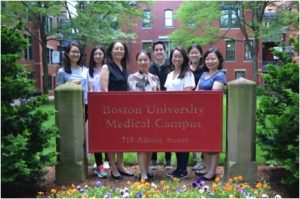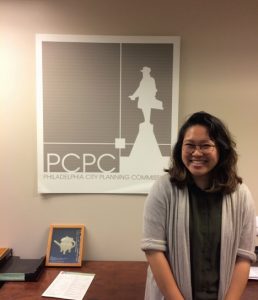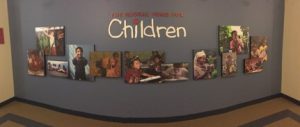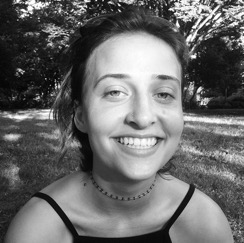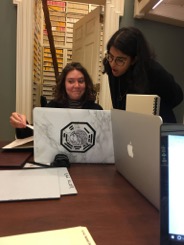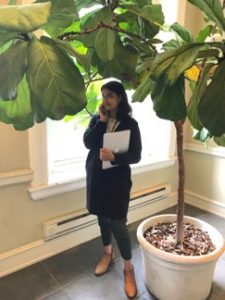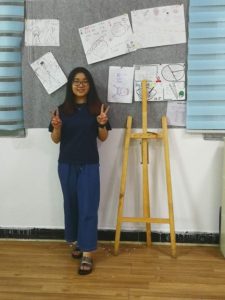Name: Meghna Patny
Class Year: 2018
Major: Psychology and Spanish
Hometown: Short Hills, N.J.
Internship Placement: Puentes Hacia el Futuro
Job Title: Tutor
Location: Philadelphia
What’s happening at your internship?
At this internship, I am working with other tutors as teachers in a bilingual classroom with elementary school students. All of them are of Spanish-speaking backgrounds and are bilingual in English and Spanish. As a tutor, it is my responsibility to encourage and assist the students with their learning and design lessons in which their reading and writing skills are applied. Often, it is a challenge to get the students engaged in schoolwork, especially during the summer. For this reason, we try to add as many “non-academic” activities as possible. For example, we have art lessons once a week in which students are given an opportunity to develop a different part of the brain. Other days, we challenge the students with scrabble competitions. Overall, the kids seem to enjoy it and gain a lot from it. As one of the tutors in the classroom, I admit that it can sometimes be a bit chaotic working with so many young people, but in the end, I feel it is a very rewarding way to spend my time.
Why did you apply for this internship?
After graduation, I hope to work as a teacher with this population in perhaps a bilingual classroom. Therefore, when I read the description of this internship, I was immediately attracted to it! I am so glad that I did apply, as this is something that aligns almost perfectly with my long-term goals. In fact, working in this position has further solidified these goals; I feel quite certain that this is something that I would love to continue in the future.
Another factor that particularly interested me in this internship was the fact that the interns would be the lead teachers in the classroom. We are not simply teacher assistants, but rather the teachers themselves. This gave a unique experience of teaching that is often not possible to do during the school year and can only be done during the summer. Another factor that is only possible during the summer is the fact that we can go on field trips every week. Learning in a classroom is often limiting, but getting the opportunity to see what the students learn in the field is simply not an option during the school year with only one teacher in the classroom.
What has been your favorite part of this internship?
As cliché as it might sound, my favorite part of this internship is the students. They are the reason that I am so excited to go to work every morning. The students are often eager to learn and that makes teaching them so easy. The days they are not active, it is so exciting to play games that make them energized. Sometimes they surprise me with the amount of insight they have on so many important topics, and I can forget that they are only nine or 10 years old. Other times, they act like silly preteens and that is just as fun! They remind me to have fun even as an adult.
What is something you have learned from your internship that you didn’t expect?
One thing that I did not expect to learn with this internship was how to collaborate with other people. I knew that there would be several tutors in each classroom, but I had not anticipated having so many disagreements in the methods we used. I learned about many different perspectives on several topics that had to do with the students. Because I have had a lot of experience working as a teacher, I thought certain aspects of the internship would be simple. However, working with the other tutors showed me different angles to the same issue, some of which I would have never thought of on my own. I am glad that there are so many people to learn from, as it is making me a better tutor.

